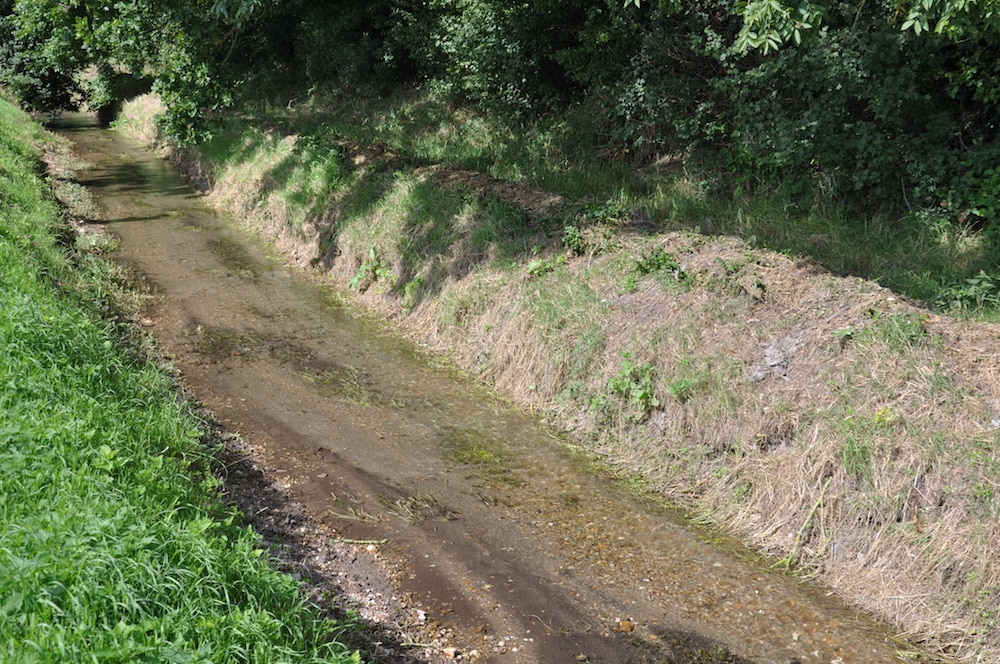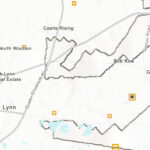Time for the King’s Lynn IDB to rethink its dredging strategy
We’ve been calling for a halt to dredging precious chalk streams like the Gaywood for quite some time. It’s an outdated and barbaric process that has been rightly been referred to as ecocide by those with scientific knowledge of England’s ‘rainforests’.
Yet, on an annual basis, the King’s Lynn Internal Drainage Board (KLIDB) persists with the annual destruction of this stretch of the Gaywood River near Grimston under the pretence that they are protecting King’s Lynn from flooding.
Speaking to Owen Sennitt in the Eastern Daily Press, Dr Sarah Taigel, argues that there is little reason to clear a thriving chalk stream of its vegetation in the channel, whilst removing that on the bank is “the equivalent to habitat annihilation, not just for fish and invertebrates but also water voles – a protected species.”
Russell Biggs, who regularly tests the water quality of the Gaywood River agrees, pointing out that such activity only leads to diffuse pollution and disturbed silt, which ultimately ‘suffocates life in the stream’.
In the photo above you’ll note that the weed – largely water crowfoot in this picture – and all the invertebrates have just been dumped up on the bank and left to die.
Time for the King’s Lynn IDB to rethink its dredging strategy Read More »






 A temporary closure order has been made to stop vehicles damaging the Gaywood River near Grimston.
A temporary closure order has been made to stop vehicles damaging the Gaywood River near Grimston.
 The Environment Agency today issued a damming comment on performance data supplied water companies. Recent news about the extent of untreated sewage discharges may have been understating the extent of the problem, partly because fewer outfalls are monitored than the water companies claim.
The Environment Agency today issued a damming comment on performance data supplied water companies. Recent news about the extent of untreated sewage discharges may have been understating the extent of the problem, partly because fewer outfalls are monitored than the water companies claim.



 At last we’ve been having a bit of rain recently but is it enough to save us from drought this summer?
At last we’ve been having a bit of rain recently but is it enough to save us from drought this summer?